Description
Deye Microinverters: Powering Your Solar Future
Discover why Deye Microinverters are the perfect choice for efficient, reliable, and scalable solar power solutions. Available now at shopstemaengineering.com.
Why Choose Deye Microinverters?
Experience module-level optimization, superior weather resistance, and seamless monitoring with Deye’s innovative microinverter technology.
Key Features of Deye Microinverters
Deye Microinverters are packed with advanced features that make them a top choice for solar enthusiasts and professionals alike:
- Quad MPPT Technology: Four independent Maximum Power Point Trackers (MPPTs) per unit ensure optimal energy harvest from each connected panel, even in partial shade.
- High DC Input Capability: Supports high-output PV modules up to 700W per channel, accommodating modern high-power panels.
- IP67 Weather Protection: Robust, epoxy-encased design offers exceptional resistance to dust, water, and harsh weather conditions.
- Integrated Wi-Fi: Real-time monitoring and system management via the SolarMan app or web interface.
- Rapid Shutdown Compliance: Ensures safety by immediately shutting down during emergencies, meeting global safety standards.
- Simplified Installation: Plug-and-play design ideal for balcony PV systems and rapid deployment scenarios.
- Long Warranty: Up to 10 years, reflecting Deye’s confidence in product durability.
- Scalable Design: Easily expandable by adding more microinverters to existing systems.
- Low-Voltage AC Output: Enhances safety by reducing fire risks compared to high-voltage DC systems.
Technical Specifications
Below is a detailed comparison of popular Deye Microinverter models available at shopstemaengineering.com:
| Model | Power Rating | MPPTs | Max PV Input | Max DC Input Voltage | Efficiency | Weight | Dimensions (mm) | Protection Rating |
|---|---|---|---|---|---|---|---|---|
| SUN600G3-EU-230 | 600W | 2 | 500W x 2 | 60V | 96.5% | 2.8kg | 212 x 230 x 40 | IP67 |
| SUN800G3-EU-230 | 800W | 2 | 500W x 2 | 60V | 96.5% | 2.8kg | 212 x 230 x 40 | IP67 |
| SUN1300G3-US-220 | 1300W | 4 | 400W x 4 | 60V | 96.5% | 5.2kg | 267 x 300 x 42 | IP67 |
| SUN2000G3-EU-230 | 2000W | 4 | 700W x 4 | 60V | 96.5% | 5.9kg | 267 x 300 x 42 | IP67 |
Pros and Cons of Deye Microinverters
Pros
- Maximizes energy output with module-level MPPT, ideal for shaded or complex roof layouts.
- IP67-rated, epoxy-encased design ensures durability in harsh environments.
- 10-year warranty provides long-term reliability and peace of mind.
- Integrated Wi-Fi and SolarMan app offer real-time performance tracking.
- Scalable and easy to install, perfect for both DIY and professional setups.
- High compatibility with modern high-output PV modules (up to 700W).
- Rapid shutdown feature enhances safety and compliance.
- Competitive pricing compared to leading brands like Enphase.
Cons
-
- Higher upfront cost compared to traditional string inverters.
- SolarMan app updates can be delayed, affecting real-time monitoring.
- Replacement requires roof access, which can be challenging.
- Limited availability in some regions, such as Australia.
-
- Past safety concerns regarding missing relay components (addressed by Deye).
-
- Monitoring system lacks native consumption/export tracking without additional hardware.
Comparison with Competing Microinverters
Deye Microinverters compete with industry leaders like Enphase, Hoymiles, and AP Systems. Here’s how the Deye SUN2000G3 stacks up:
| Feature | Deye SUN2000G3 | Enphase IQ8+ | Hoymiles HMS-2000 | AP Systems DS3 |
|---|---|---|---|---|
| Power Rating | 2000W | 300W | 2000W | 880W |
| MPPTs | 4 | 1 | 4 | 2 |
| Max PV Input | 700W x 4 | 560W | 500W x 4 | 440W x 2 |
| Efficiency | 96.5% | 97.5% | 96.7% | 97.0% |
| Weight | 5.9kg | 1.1kg | 5.5kg | 1.8kg |
| Protection Rating | IP67 | IP67 | IP67 | IP67 |
| Warranty | 10 years | 25 years | 12 years | 10 years |
| Approx. Price | $614 | $200 | $500 | $200 |
Analysis: Deye’s SUN2000G3 offers superior power output and MPPT flexibility, making it ideal for high-output panels. While Enphase leads in efficiency and warranty, Deye’s quad-MPPT design and competitive pricing make it a strong contender for larger installations. Hoymiles matches Deye in MPPTs but has lower PV input capacity, while AP Systems’ DS3 is more affordable but limited in power.
[](https://diysolarforum.com/threads/anyone-using-deye-microinverters.30363/)
Performance in Real-World Applications
Deye Microinverters shine in diverse scenarios, making them versatile for various solar setups:
-
- Residential Rooftops: Perfect for homes with shaded or complex roof layouts, as each panel operates independently, maximizing energy yield.
- Balcony PV Systems: Plug-and-play design simplifies installation for small-scale urban solar projects.
- Commercial Installations: Scalable architecture supports expanding systems without compromising performance.
- High-Power Panels: Compatible with panels up to 700W, ideal for modern, high-efficiency modules.
User Insights: Users report that Deye microinverters perform exceptionally well with high-output panels (e.g., 455W), delivering consistent power even in partially shaded conditions. The IP67 rating ensures reliability in harsh climates, though some note that the SolarMan app’s real-time updates could be improved.
Addressing Safety and Reliability Concerns
In 2023, a safety concern was raised regarding missing relay components in some Deye microinverters, potentially affecting shutdown safety. Deye responded promptly, confirming no incidents occurred and implementing fixes. All current models comply with safety standards like VDE-AR-N-4105:2018. Additionally, privacy issues related to Wi-Fi password leaks were addressed, with newer models offering secure connectivity options.
[](https://www.linkedin.com/pulse/deye-microinverter-safety-scandal-faulty-devices-sold-karolina)
At shopstemaengineering.com, we ensure all Deye Microinverters meet rigorous safety and quality standards, backed by a 10-year warranty.
Why Buy from Shop STEM A Engineering?
Choosing shopstemaengineering.com for your Deye Microinverters comes with unmatched benefits:
- Competitive Pricing: Affordable rates with regular promotions.
- Expert Support: Our team provides technical guidance and installation support.
- Fast Shipping: Reliable delivery across South Africa and beyond.
- Authentic Products: Genuine Deye microinverters with full warranty coverage.
- Comprehensive Resources: Access to manuals, setup guides, and monitoring tools.
Customer Reviews and Feedback
Hear from satisfied users of Deye Microinverters:
“I installed two Deye SUN2000G3 microinverters for my 455W panels. They’re built like tanks and handle shading perfectly. The SolarMan app is decent, but I’d love faster updates.” – DIY Solar Forum user
“The IP67 rating gives me confidence in their durability. Installation was a breeze, and the 10-year warranty is a big plus.” – SolarQuotes reviewer
“Great value for a 4-MPPT microinverter. I’m seeing excellent performance with my 530W panels, even in cloudy conditions.” – Sun-AP Ecopower customer
Frequently Asked Questions
1. Are Deye Microinverters compatible with high-power solar panels?
Yes, models like the SUN2000G3 support panels up to 700W per channel, making them ideal for modern high-output modules.
[](https://deye.com/product-category/inverter/microinverter/)
2. How do I monitor my Deye Microinverter system?
Use the SolarMan app or web platform for real-time monitoring via integrated Wi-Fi. Note that consumption/export tracking may require additional hardware.
[](https://diysolarforum.com/threads/question-about-deye-microinverter-system.84747/)
3. Are Deye Microinverters safe?
Yes, current models comply with safety standards like VDE-AR-N-4105:2018 and include rapid shutdown features. Past safety concerns have been resolved.
[](https://www.linkedin.com/pulse/deye-microinverter-safety-scandal-faulty-devices-sold-karolina)
4. Can I expand my Deye Microinverter system?
Absolutely. Deye’s plug-and-play design allows you to add more microinverters as needed, making system expansion seamless.
5. What is the warranty period for Deye Microinverters?
Deye offers a 10-year warranty, ensuring long-term reliability and support.
Conclusion: Your Path to Solar Excellence
Deye Microinverters offer a powerful, efficient, and scalable solution for harnessing solar energy. With quad-MPPT technology, IP67 weather resistance, and seamless monitoring, they’re perfect for residential, commercial, and balcony PV systems. Despite minor drawbacks like app update delays, their performance, safety features, and competitive pricing make them a standout choice.
At shopstemaengineering.com, we’re committed to helping you achieve energy independence with Deye Microinverters. Shop now to experience the future of solar power with expert support and fast delivery.
“`
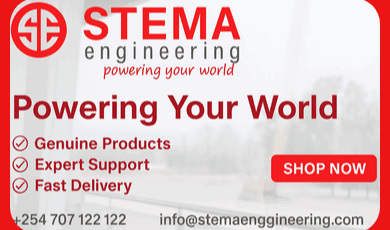
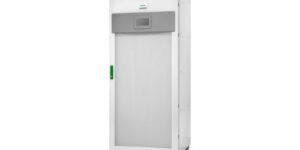
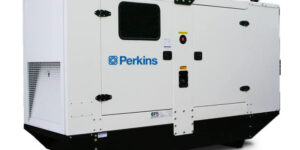
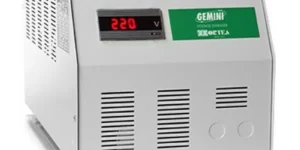
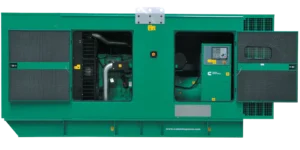
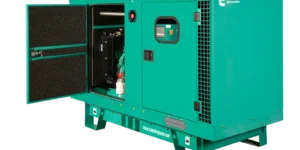
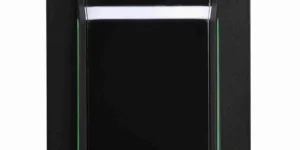
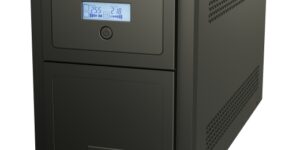
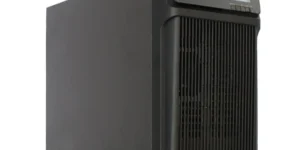
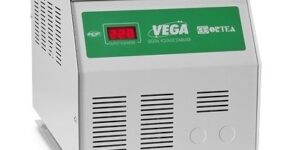
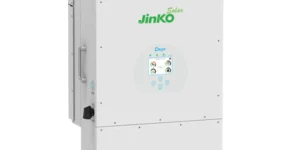
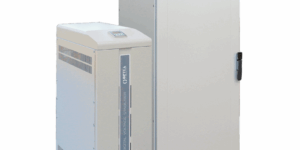
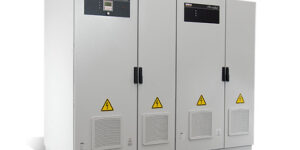
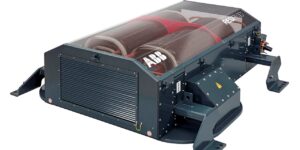
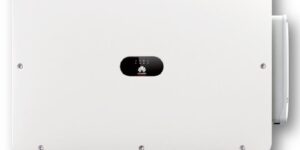
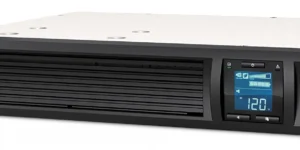
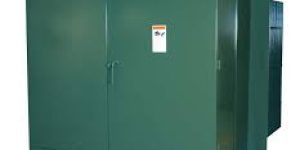
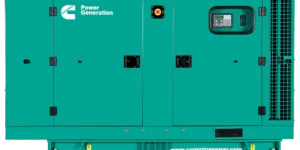
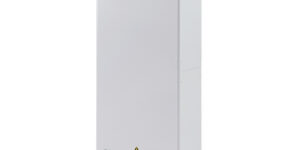
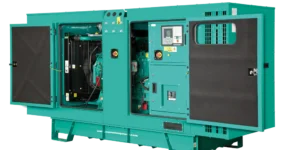
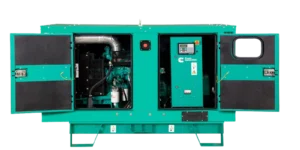
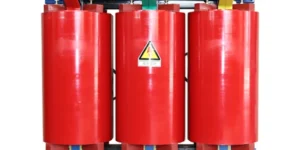
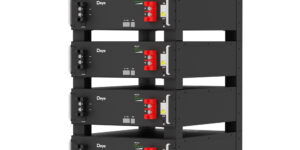
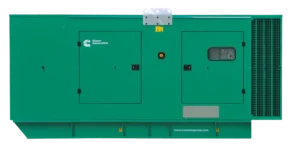
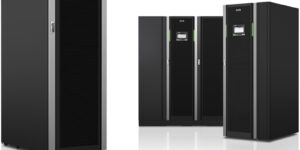
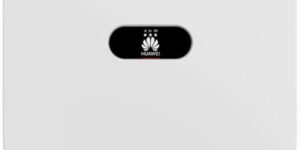
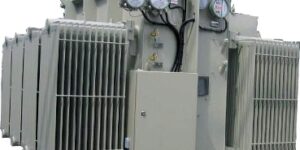
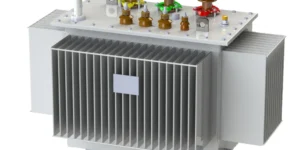
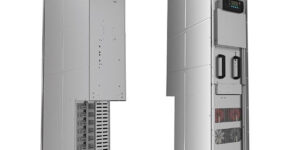
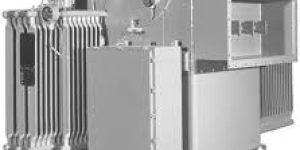
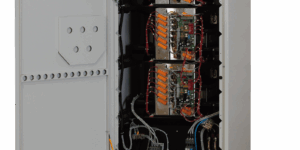
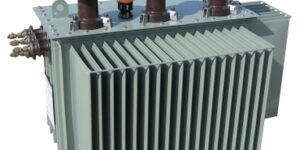
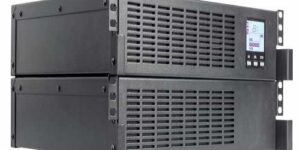
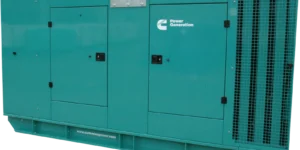
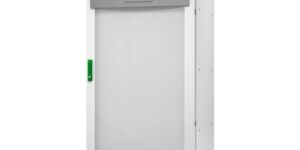
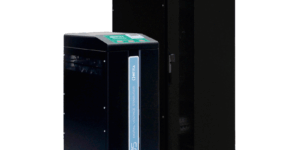
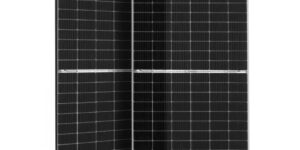
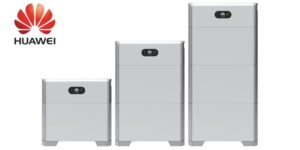
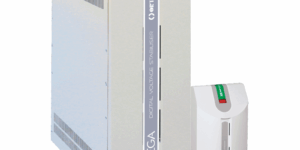
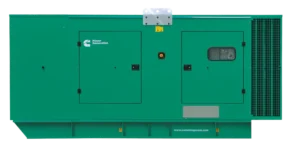
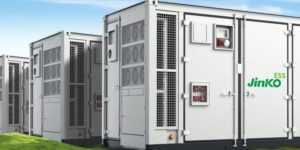
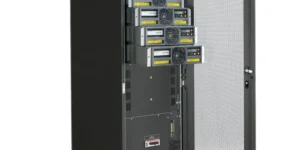
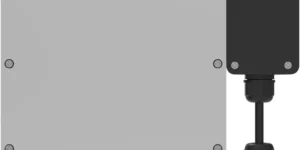
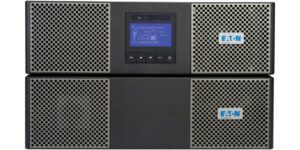
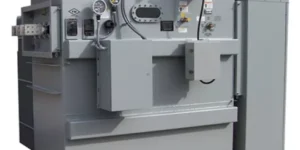
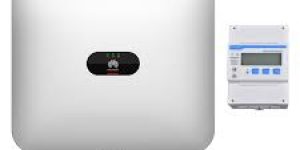
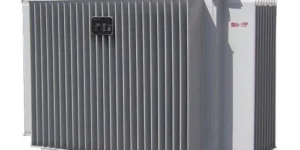
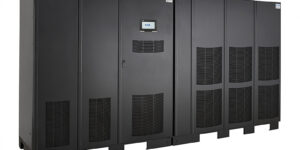
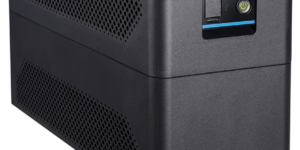
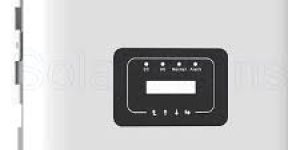
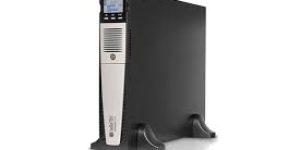
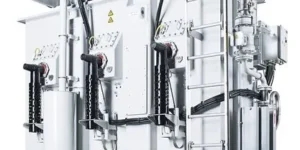
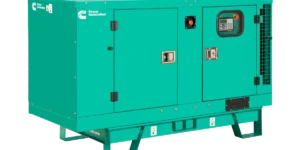
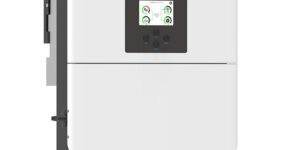
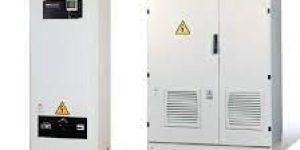
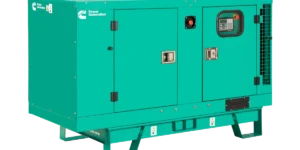
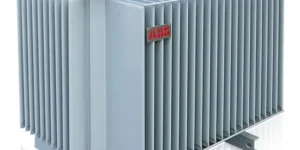
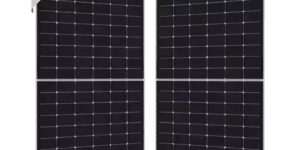
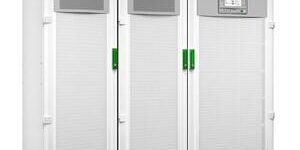
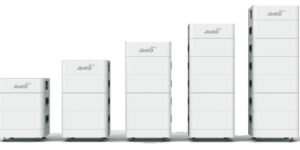
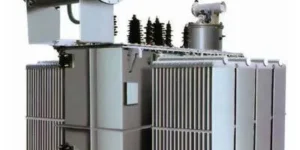
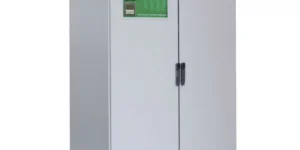
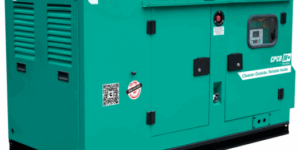
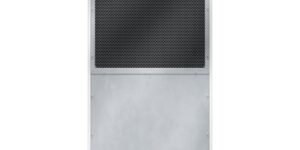
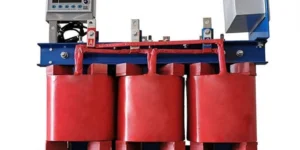
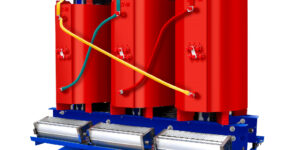
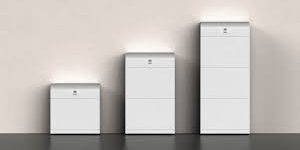
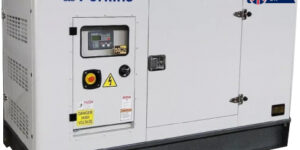
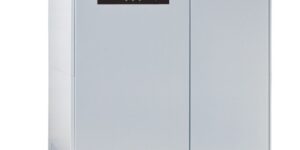
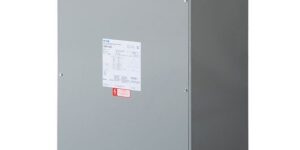
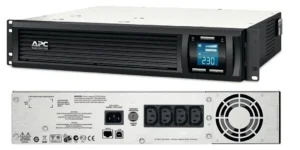
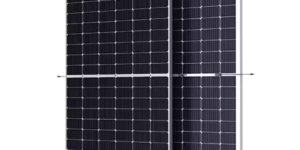
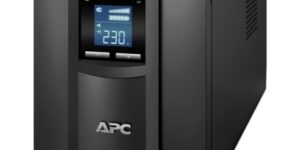
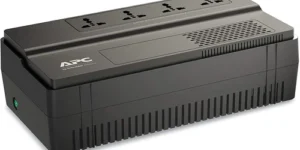
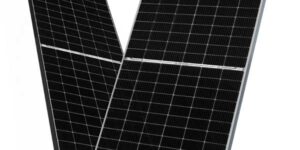
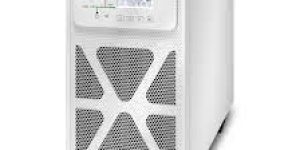
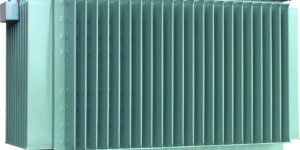
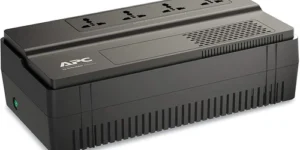
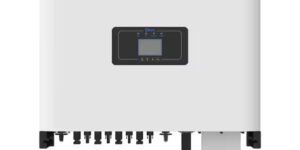
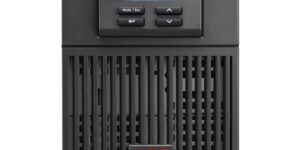
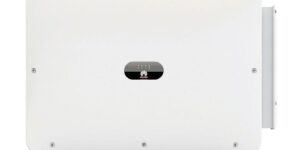
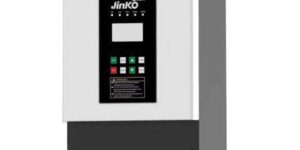
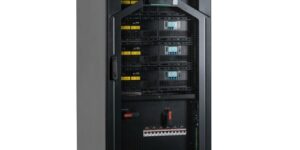
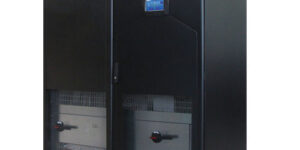
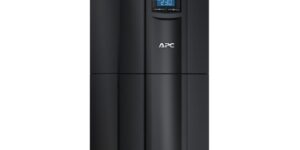
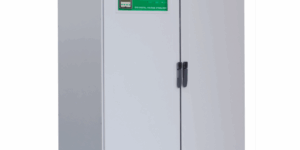
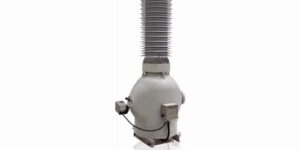
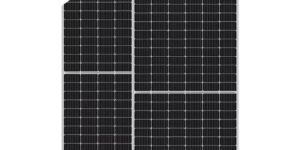
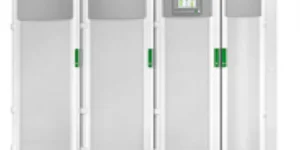
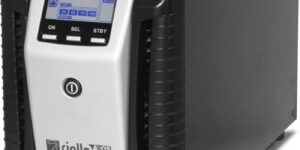
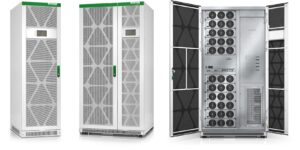
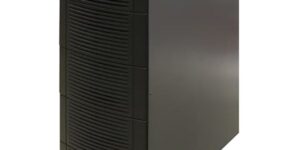
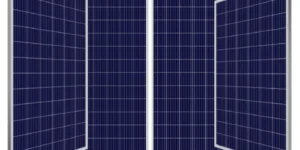
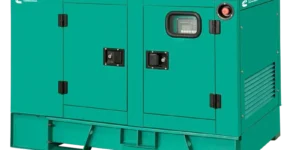
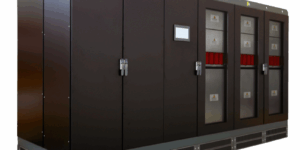
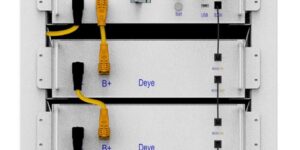
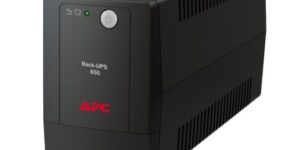
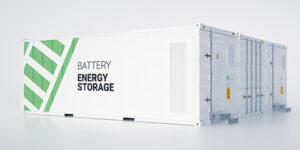
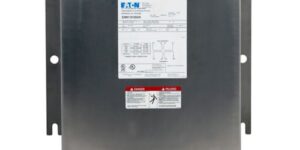
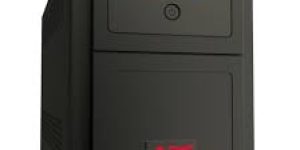
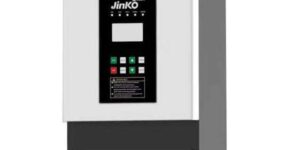
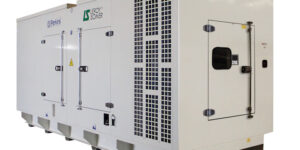
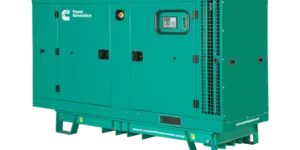
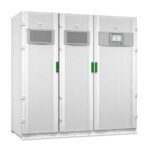
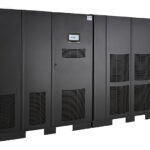
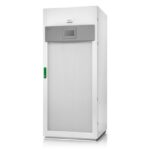
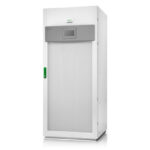
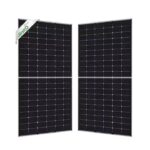
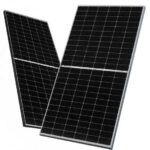
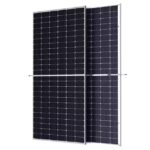
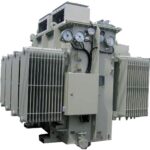
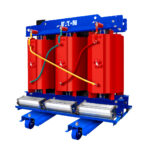
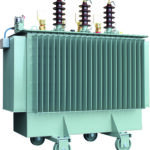
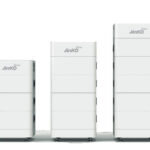
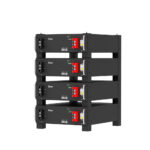
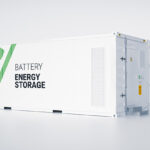
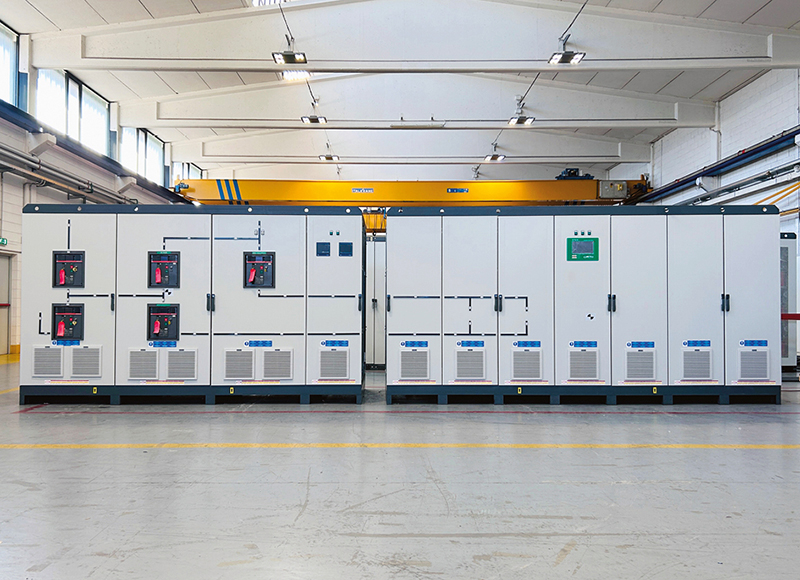
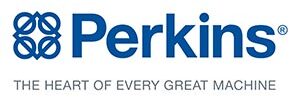

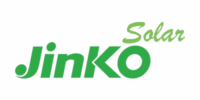
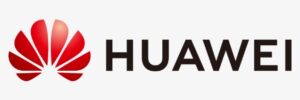

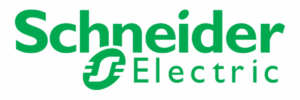

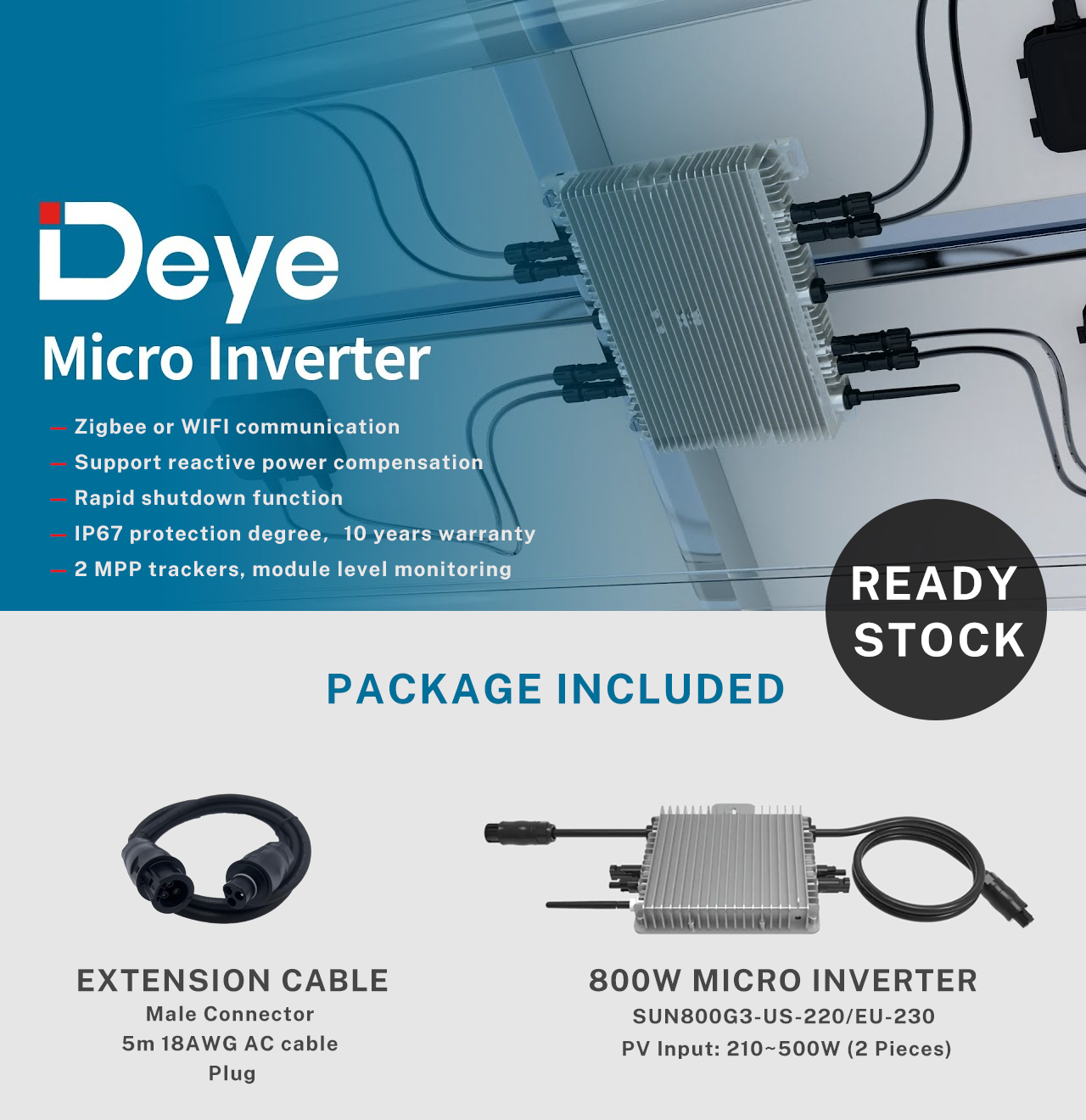
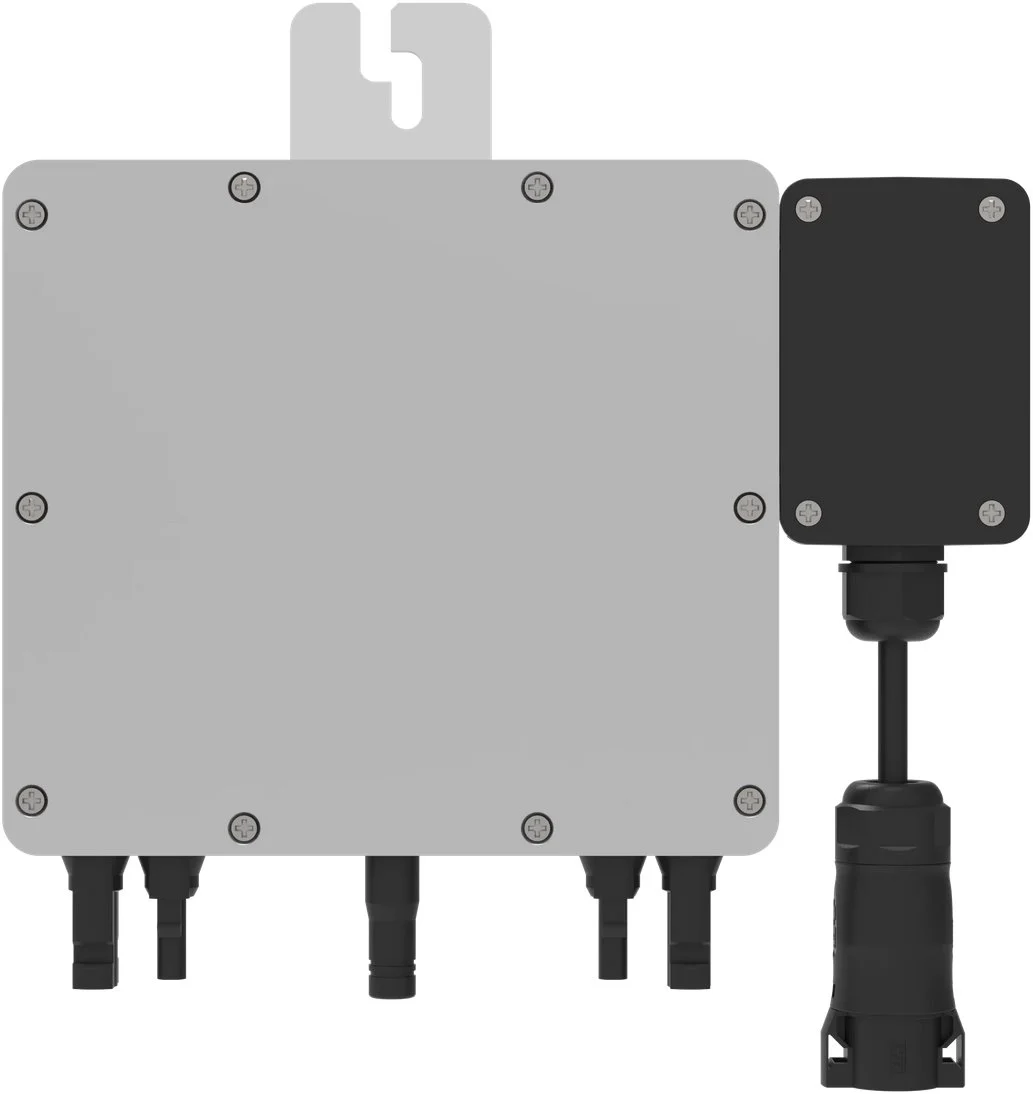
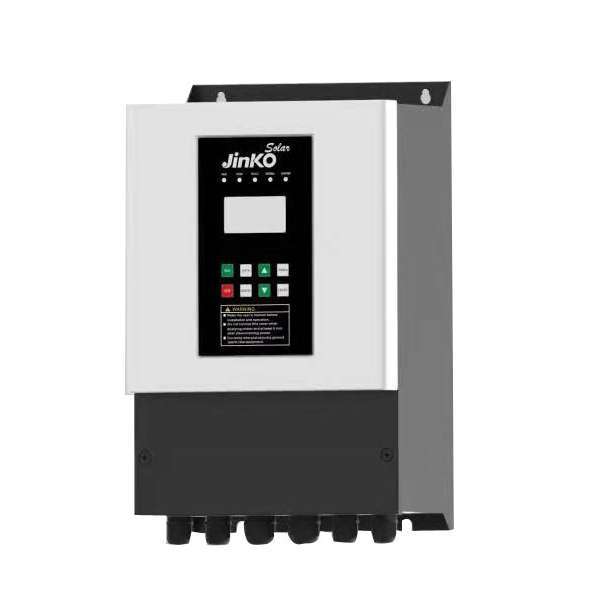
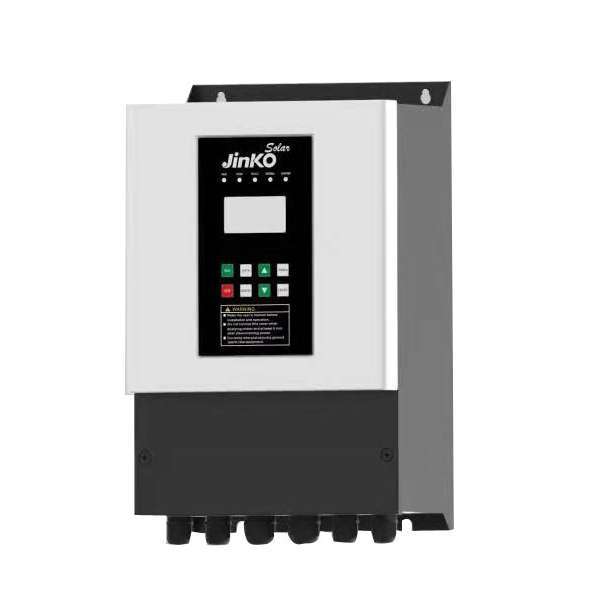
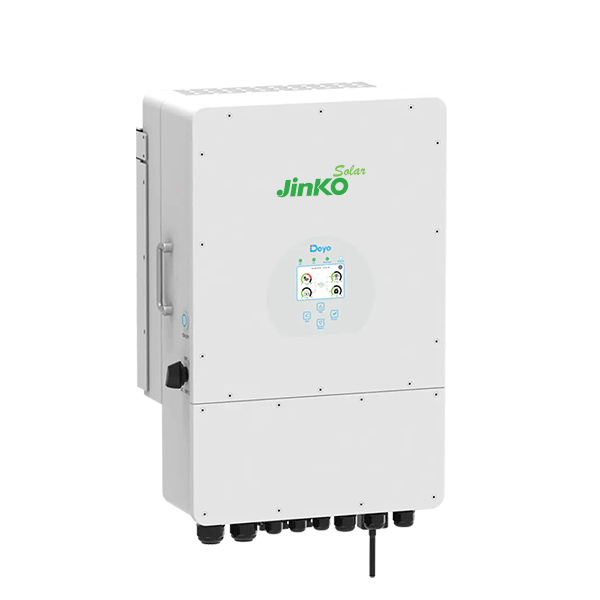
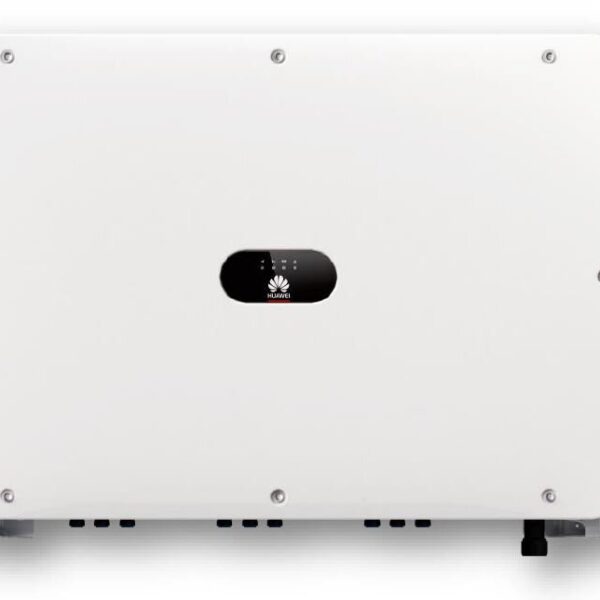
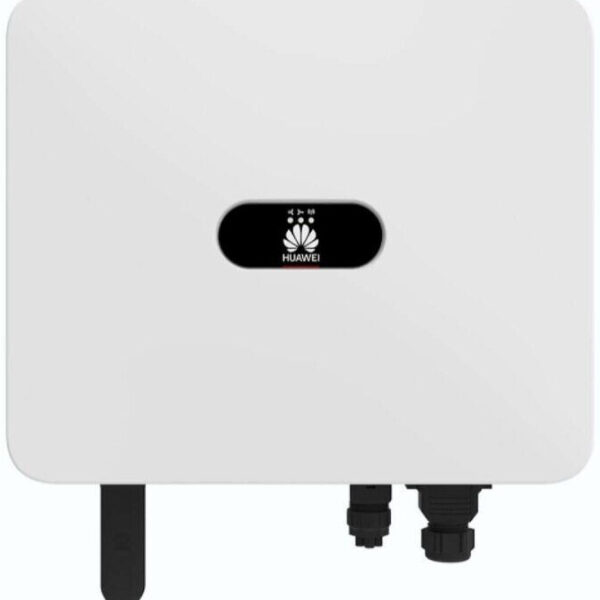
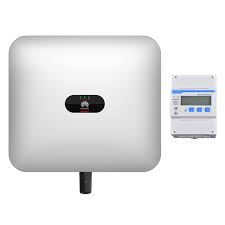
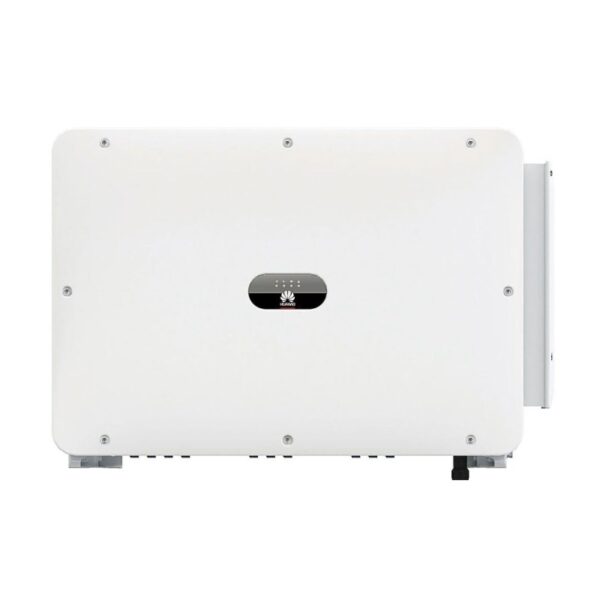
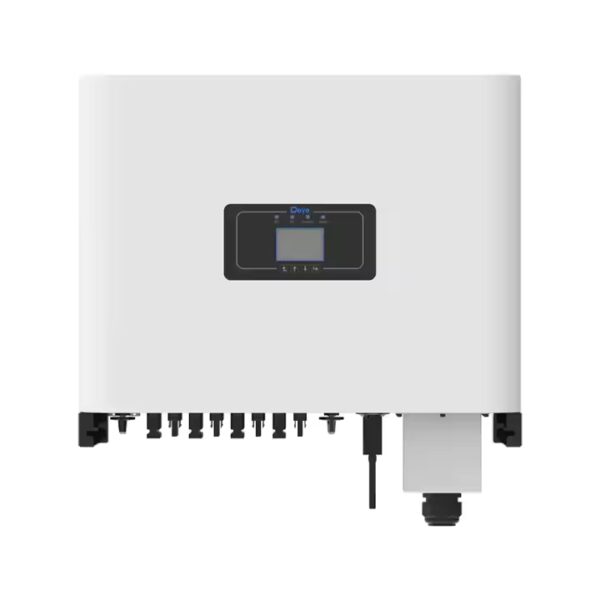
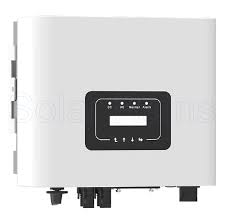
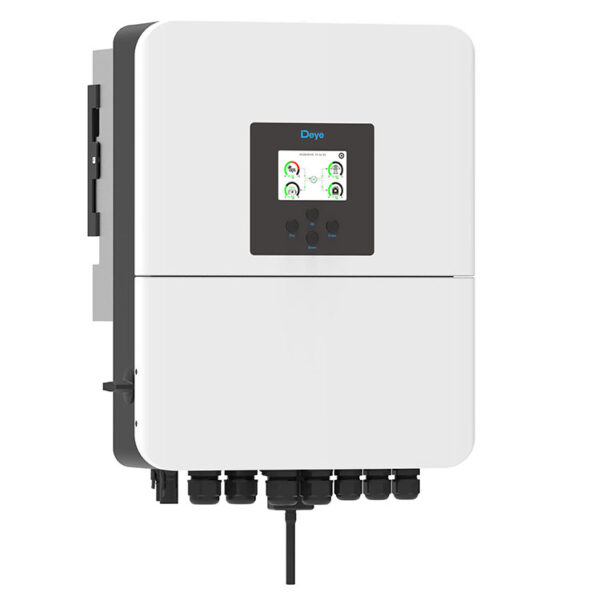







Avis
Il n’y a pas encore d’avis.